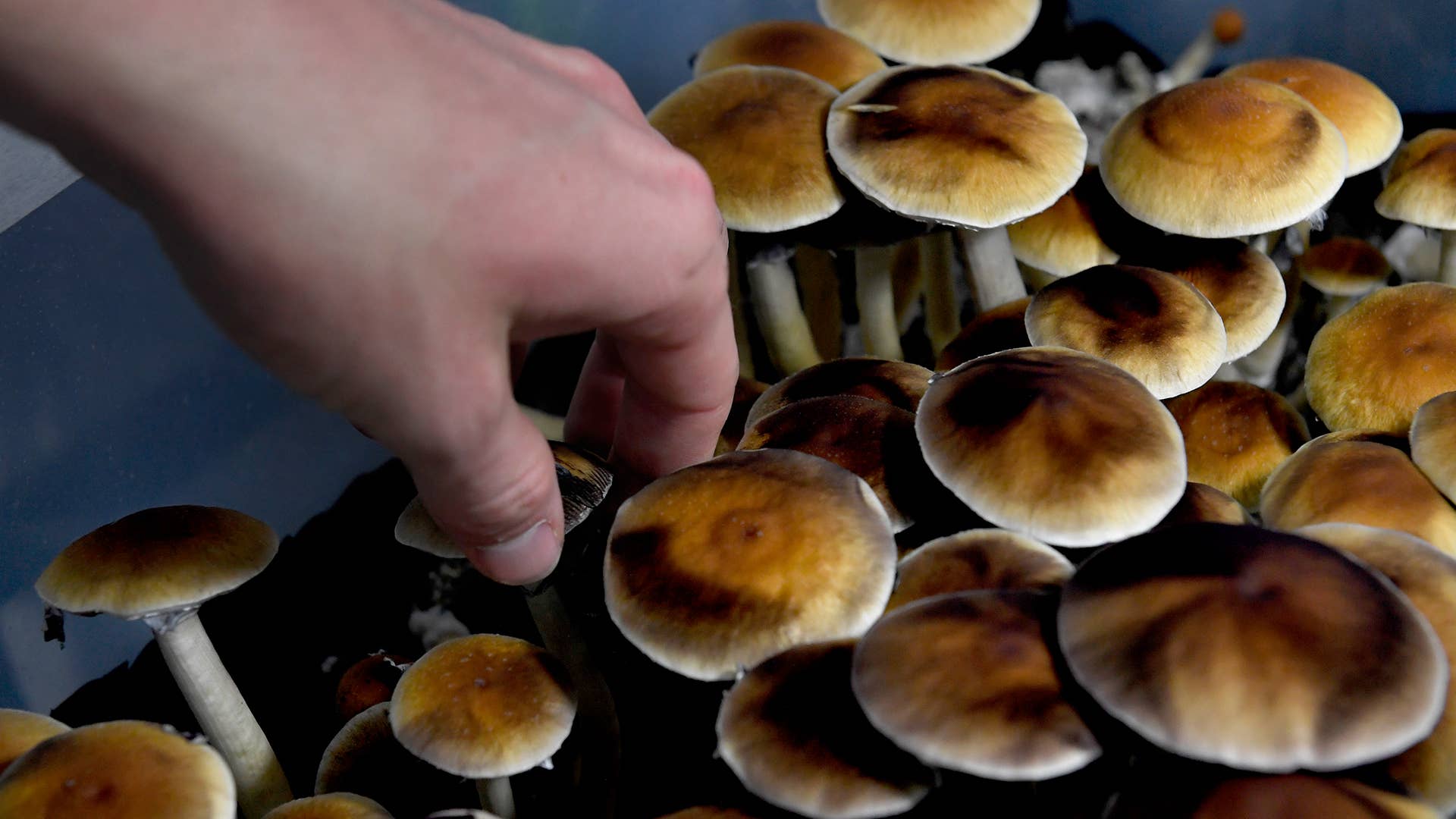
On Monday (Feb. 1), Oregon's Measure 110 went into effect, making it the first state in the U.S. to decriminalize the personal possession of hard drugs, including: heroin, methamphetamine, and cocaine, by individuals.
In place of the older, more punitive, penalties, Oregon will now fine offenders $100, though they can even avoid that if the agree to participate in a "health assessment" doled out via a 24/7 "temporary telephone Addiction Recovery Center."
"People suffering from addiction are more effectively treated with health care services than with criminal punishments," said a part of the bill. "A health care approach includes a health assessment to figure out the needs of people who are suffering from addiction, and it includes connecting them to the services they need."
Note that these decriminalization measures only apply to small amounts of drugs, with the line(s) being drawn as follows: Less than one gram of heroin, less than one gram (or five pills) of MDMA (ecstasy), less than two grams of methamphetamine, less than 40 units of LSD, less than 12 grams of psilocybin (mushrooms), less than 40 units of methadone, less than 40 pills of oxycodone, and less than two grams of cocaine.
The Register-Guard also writes that being caught with the following amounts of drugs will now go down as a misdemeanor rather than a felony (as was done previously): having 1-3 grams of heroin, having 1-4 grams of MDMA, having 2-8 grams of methamphetamine, or having 2-8 grams of cocaine.
Carrying more than those amounts could still net you serious criminal penalties, as can manufacturing and dealing drugs. If you're an Oregonian, consider yourself notified.
The measure will also fund treatment for addiction, as well as what's been dubbed "harm-reduction efforts." To do this, money from Oregon's pre-existing cannabis tax will be relocated, and the state's also expected to save money due to a decrease in arrests/imprisonment/probation.
As mentioned above, people hit with the $100 fine for possession can waive that fee if they go through an over-the-phone Addiction Recovery Center set up by the state's Health Authority. Calling that number will put them in touch with a "peer specialist" who will get their info, provide an assessment, and then refer them to local services.
Though it's officially in effect, advocates still think seeing actual change will take time.
"It will take time to see the new law's full effects on the state as a whole," said a spokesperson for a group that was pro-measure (Devon Downeysmith) in an email to The Register-Guard. "But for individuals struggling now, who would have been met with criminal barriers, the positive impacts of the new law could be immediate. Decriminalization is a transformative, important step in shifting from a criminal approach to a health-based approach to addiction — but it's only part of what needs to happen. The next step is for the legislature to fund the recovery services outlined in the act, so that we can begin to address the incredible need for recovery services in our communities."

